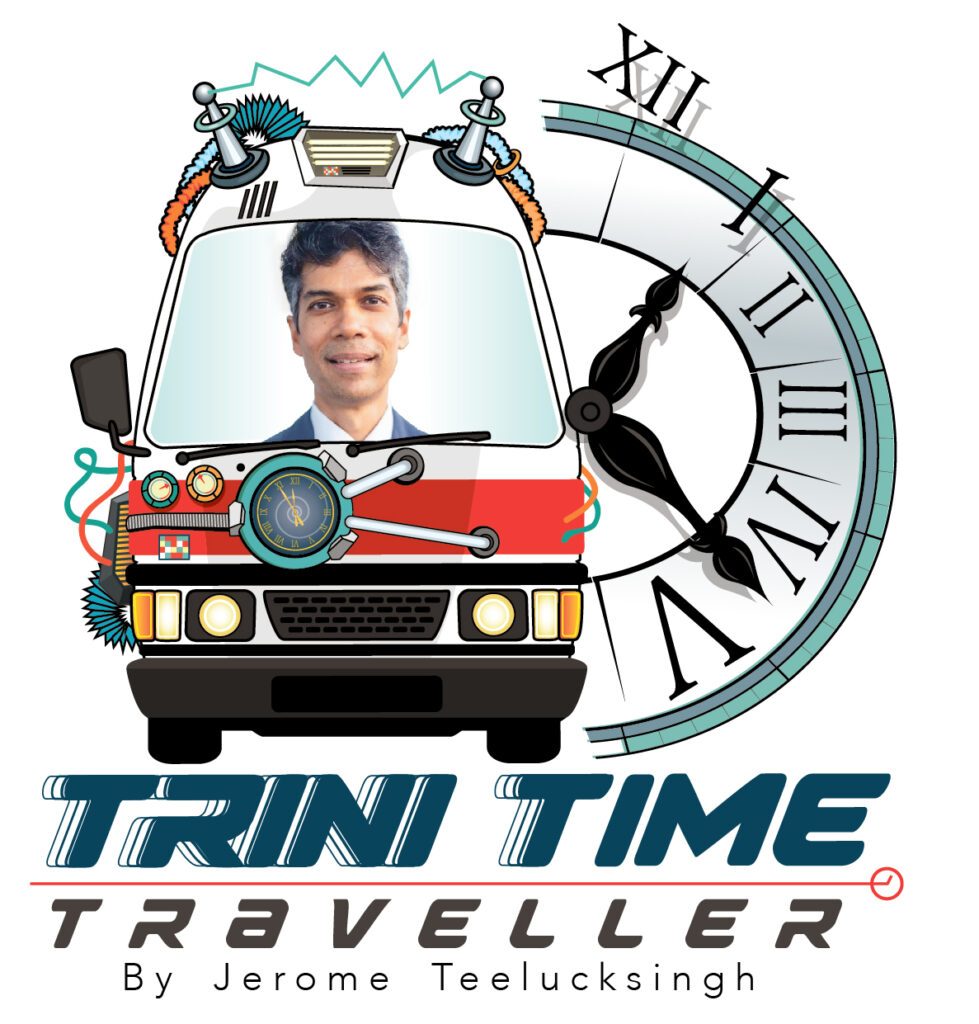Poisoning Caribbean children

JEROME TEELUCKSINGH
"YUH fadda is a waste of time," "Yuh mudda lazy" and "Yuh fadda cheap and doh care about you."
These are some of the negative statements of pathetic parents to innocent children. Such parents, with emotional baggage, contribute to parental alienation syndrome (PAS).
There is an absence of statistics and studies demonstrating the links between divorces/separation cases and the increase in cases of children with mental health challenges. This cursed alienation also occurs in a marriage or common-law relationship.
The tragedy is that there are few NGOs and government agencies with trained personnel to provide support for the alienated parent who endures hateful allegations and criticism. There is need for a team of psychiatrists, psychologists and counsellors to provide advice to the wretched alienators or programming parents whose constant humiliation and denigration involves brainwashing and distorting the children’s love and trust of the alienated partners.
Ostracised parents of the Caribbean exhibit similar feelings to other alienated parents across the globe, of anxiety, suicide, rejection, depression, hurt, helplessness and frustration.
Therapists, psychologists and counsellors in the Caribbean are familiar with PAS. A few believe that parental alienation is not a diagnosable syndrome, whilst others do not understand its seriousness.
These mental health professionals would use the term when dealing with young patients who have undergone separation or divorces. Unfortunately, a small percentage of alienated parents can afford the specialised services of medical health professionals. The majority of alienated parents have limited options of coping mechanisms that include emotional support from a network of sympathetic family, friends and co-workers.
Many Caribbean children are innocent victims of the fallout of separations and divorces. The ensuing parental relationship distress certainly affects the mental health of the estranged child or children. These young minds are indoctrinated, poisoned and "programmed" by the alienator to despise, mistrust and mistreat the alienated parent. Such children are more likely to feel sad, rejected, lonely and be bullied. The continuous usage of emotionally manipulative tactics makes it difficult to repair the damage inflicted on a young child or older children.
One solution is more training of social workers to intervene and help unravel the feelings of hurt and pain experienced by affected children.
One step to overcome the ignorance of parental alienation is the need for Caribbean countries to annually observe Parental Alienation Awareness Day on April 25.
In April 2019, the first community awareness forum was held in Trinidad and Tobago. It was organised by Parental Alienation Solutions of TT in collaboration with International Men’s Day TT (IMDTT). A documentary series, in 2022, was also produced to promote parental alienation awareness.
Caribbean fathers who have endured divorces or separations have constantly complained that the courts are biased in their judgments. The legal fraternity (lawyers and judges) in the Caribbean need to be trained to understand that a divorce or separation does not mean that the female is automatically awarded custody of the child or children.
Furthermore, the legal fraternity in these civil proceedings involving child custody litigation should be trained to identify psychological manipulation and undue influence of a child by an unscrupulous alienating parent.
It is painfully obvious that for the Caribbean to be progressive it needs to move away from outdated thinking that the female is the only option to care for the child or children, and the region also has to rewrite its outdated child custody laws.
These affected fathers freely confess that they have unconditional love for their child or children and are willing to financially support their child or children.
However, the result of the unfair custody battle is not an end to this unfortunate narrative. The tragedy continues, as most of the narcissistic mothers are more focused on their personal lives and neglect the upkeep and well-being of these precious children.
The Caribbean urgently needs a reunification programme so the traumatised child can spend quality time with the alienated parent to repair the damaged relationship. Caribbean citizens need to be aware that parental alienation is a form of family violence and child abuse.
Citizens need to wisely consider the future when selecting a partner or spouse. A wrong choice will later result in the suffering of a child or children.
A poisonous cycle develops as the alienated children eventually become dysfunctional adults. And these troubled, toxic adults often create a chaotic environment leading to a failed relationship and another generation of alienated children. This poisonous cycle is as powerful as a generational curse and must be broken for future generations to blossom!

Comments
"Poisoning Caribbean children"